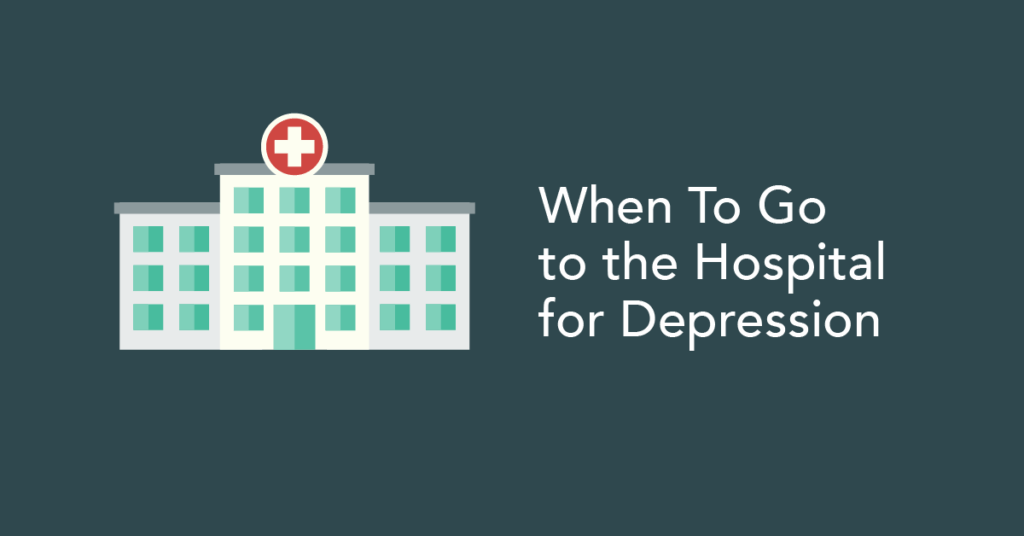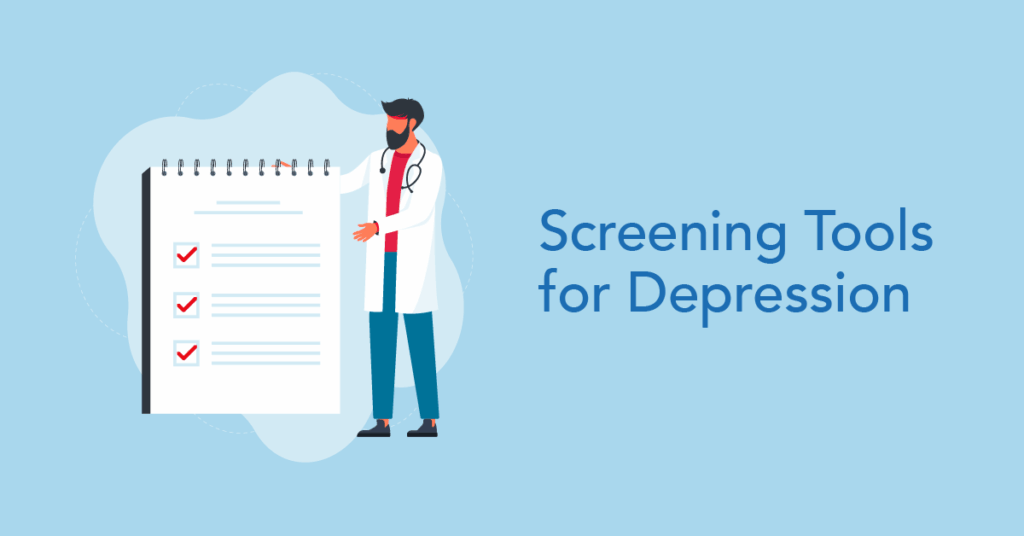For many people, the holiday season is a time of joy and connection. But for those experiencing grief, this time of year can be especially painful. Whether it’s the first holiday without a loved one or one of many, grief can resurface with intensity when others are celebrating.
Understanding how grief impacts mental health during the holidays — and learning how to navigate it — can help you move through the season with compassion and care for yourself.
Why Holidays Intensify Grief
Grief doesn’t follow a schedule. While it may fade over time, certain seasons, anniversaries or reminders can bring it rushing back. Holidays, with their traditions and emotional weight, are a common trigger. Here’s why:
- Emotional expectations. The cultural script of joy, family and celebration often clashes with how grieving individuals actually feel. This disconnect can intensify feelings of isolation, sadness or guilt.
- Empty chairs at the table. Physical reminders of a loved one’s absence — like a missing seat at dinner — can bring a wave of emotion that’s hard to prepare for.
- Disrupted traditions. When someone important is no longer part of a cherished tradition, it can make that ritual feel hollow. Some people stop celebrating altogether, while others try to recreate the experience but feel something is missing.
- Pressure to be okay. Friends or family may encourage you to “move on” or join in festivities, even if you’re not emotionally ready. This can add an extra layer of stress or guilt.
How Grief Affects Mental Health
Grief is a natural emotional response to loss, but it can also lead to or worsen mental health conditions, such as:
- Depression
- Anxiety
- Insomnia or disrupted sleep
- Social withdrawal
- Chronic fatigue
Unprocessed grief, especially during emotionally loaded seasons, can become overwhelming if left unacknowledged or unsupported.
Ways to Cope With Grief During the Holidays
You don’t need to force yourself into a cheerful mood, but you also don’t have to go through the season completely alone. Here are some strategies to help navigate grief over the holidays:
- Honor the loss in your own way. Light a candle, make a dish they loved or write a letter. Creating a simple ritual in memory of your loved one can offer healing and connection.
- Accept that it’s okay to feel sad. Grief is a sign of love and connection. If you feel low, tearful or emotionally off-balance, that’s not a failure — it’s a human response to loss.
- Be selective about what you take on. You’re not obligated to attend every event or uphold every tradition. Give yourself permission to say no or modify plans that feel overwhelming.
- Lean on support. Let others know what you’re feeling. Whether it’s a close friend, a support group or a therapist, talking about your grief can lessen its weight.
- Try something new. If your grief is tied closely to certain traditions, consider changing your plans this year. A new environment or routine may offer relief or perspective.
- Watch for signs you need more help. If your grief is interfering with your ability to function day-to-day or you’re feeling hopeless, reach out to a mental health professional. Complicated grief is real and treatable.
You Don’t Have to Grieve Alone
Grief during the holidays is one of the most isolating emotional experiences, but you’re not alone in it. There’s no “right” way to mourn, and healing doesn’t follow a timeline. What matters most is allowing yourself to feel what comes up — without judgment — and seeking help when you need it.
If you’re struggling to cope or feel overwhelmed by loss, a mental health provider can help guide you through it. Support doesn’t make the pain disappear, but it can make it more bearable. Call the Mental Health Hotline today to take the first step.


